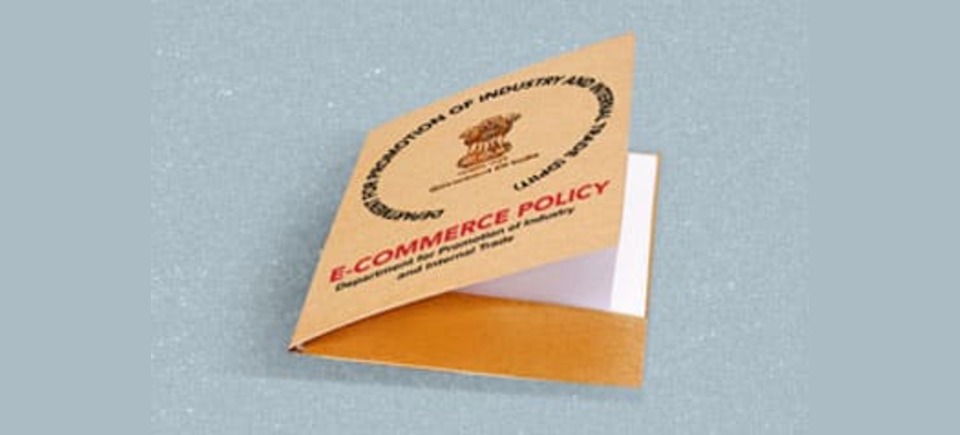Hi, Digbijay here. We here at ETtech have been closely tracking all the important developments around the much-talked and debated draft proposals for e-commerce in India.
Today, we are reporting on all the recommendations from top industry groupings like US-India Strategic Partnership Forum (USISPF), Internet and Mobile Association of India (IAMAI), IndiaTech and Rashtriya Swayamsevak Sangh (RSS) affiliate Swadeshi Jagran Manch (SJM) which were submitted on Wednesday.
What’s worrying the industry? They say the recommendations in the draft policy are not under the purview of the Department of Consumer Affairs. Changes suggested like inclusion of “related parties” and logistics service providers within the definition of an e-commerce entity, ban of flash sales and mandatory listing of local alternatives while selling imported goods or services will hurt the sector, they say.
Also Read: New India e-commerce rules and their impact, explained
Please delete: While many recommendations are asking for the draft rules to be diluted, USISPF has asked for some of the most-talked-about clauses to be completely deleted.
- Flash sales
- Local alternatives while selling imported goods or services
- Inclusion of related parties and service providers for order fulfilment as e-commerce entity
Who said what?
USISPF’s submissions: “The proposed amendments deal with issues which have no nexus with aspects of consumer protection, and most of the suggested changes do not seem to further consumer interest being the core objective of the Consumer Protection Acts (CPA) and its related proposed amendments.”
Susan Ritchie of USISPF told ET: “The proposed rules create an artificial distinction between physical and digital sales channels that are only designed to inhibit the growth of digital sales rather than to protect consumers. As proposed, the draft guidelines exceed the provisions of the underlying legislation, the Consumer Protection Act, 2019 and should be aligned to implement the law as written,” she said.
RSS affiliate SJM’s submissions: SJM has also sought a better definition of what would be construed as ‘price manipulation’ in the context of flash sales. SJM, which has been critical of etailers and counts offline traders among its members, is seeking tighter monitoring of e-commerce platforms and its practices like alleged biased treatment of select sellers by a marketplace.
IndiaTech to ET: IndiaTech, has been closely working with many online platforms offering services, instead of just selling goods. The group’s CEO Rameesh Kailasam told us this: “The rules transgress from consumer welfare into various domains such as FDI, trade, competition, personal data protection, data sharing, related party, aggregator guidelines, insurance, all of which technically do not fall under the ambit of consumer protection and have been adequately addressed by other laws, regulators and ministries.”
What’s next? The Department of Consumer Affairs has held the view that its proposals are in line with some of the international markets like the US, Europe among others. In fact, at a meeting with e-commerce firms earlier this month, officials from the department told these platforms that the proposals weren’t as stringent as the ones globally. Clearly, e-commerce companies don’t think as much. Now that all the feedback is with the government, we’ll have to wait for the final contours to be drawn up in what’s arguably the most significant event for the nascent industry.
More information
https://m.economictimes.com/tech/newsletters/morning-dispatch/e-commerce-draft-policy-recommended-changes/amp_articleshow/84622756.cms


